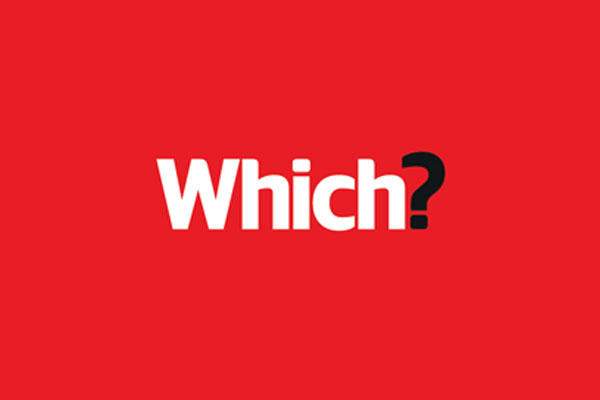The consumer watchdog, Which?, has highlighted significant pricing differences between mobile and desktop bookings on prominent travel platforms like Expedia and Hotels.com.
These findings have prompted Which? to engage the Advertising Standards Agency (ASA) and the Competition and Markets Authority (CMA) to investigate potential breaches of consumer protection regulations.
In an analysis conducted by Which?, notable inconsistencies were discovered between mobile-exclusive offers and desktop bookings on platforms such as Expedia and Hotels.com. The concerns have been formally raised with both the Advertising Standards Agency (ASA) and the Competition and Markets Authority (CMA).
These disparities suggest that consumers using laptops to book accommodation may inadvertently miss out on potential savings available on mobile devices. Which? claims that certain practices might be contravening consumer protection regulations.
In 2019, these online travel agencies (OTAs) faced regulatory scrutiny from the CMA for allegedly making misleading discount claims. It appears that similar tactics might still be in play, as indicated by the findings from the latest Which? investigation.
While some offers identified by Which? could potentially mislead consumers, the watchdog also highlighted that booking via mobile could sometimes result in genuine savings.
When approached for comments, neither Expedia nor Hotels.com provided an immediate response to Which?.
However, a spokesperson from the Expedia Group later stated, “Expedia always aims to provide competitive rates and bring value to our customers.” The spokesperson further mentioned that the company is actively investigating the issues raised.
Rory Boland, editor at Which? Travel, emphasized the importance of cross-checking prices across different devices. He pointed out, “Many of us will use a laptop to make big purchases like a holiday, but we could unwittingly be missing out on significant savings offered by ‘mobile exclusive’ prices.”
He advised consumers to take a few minutes to compare prices on both mobile and desktop platforms. He also suggested contacting properties directly as it could be a way to secure the best rates.
The findings by Which? raise significant questions about transparency in the travel booking industry. If these practices are widespread, they could undermine consumer trust.
Regulatory bodies such as the ASA and CMA may need to undertake further investigations to ensure fair trading practices and protect consumer interests.
Which? intends to continue monitoring the market to identify any ongoing issues. The organization is committed to raising awareness and advocating for fairer practices in the travel sector.
Further discussions and collaborations with regulatory authorities are anticipated to address and resolve these concerns.
The investigation unveils pressing issues regarding transparency in online travel bookings, marking a call to action for regulators.
Consumers are encouraged to remain vigilant, cross-check prices across devices, and contact properties directly to ensure they receive the best possible rates.

